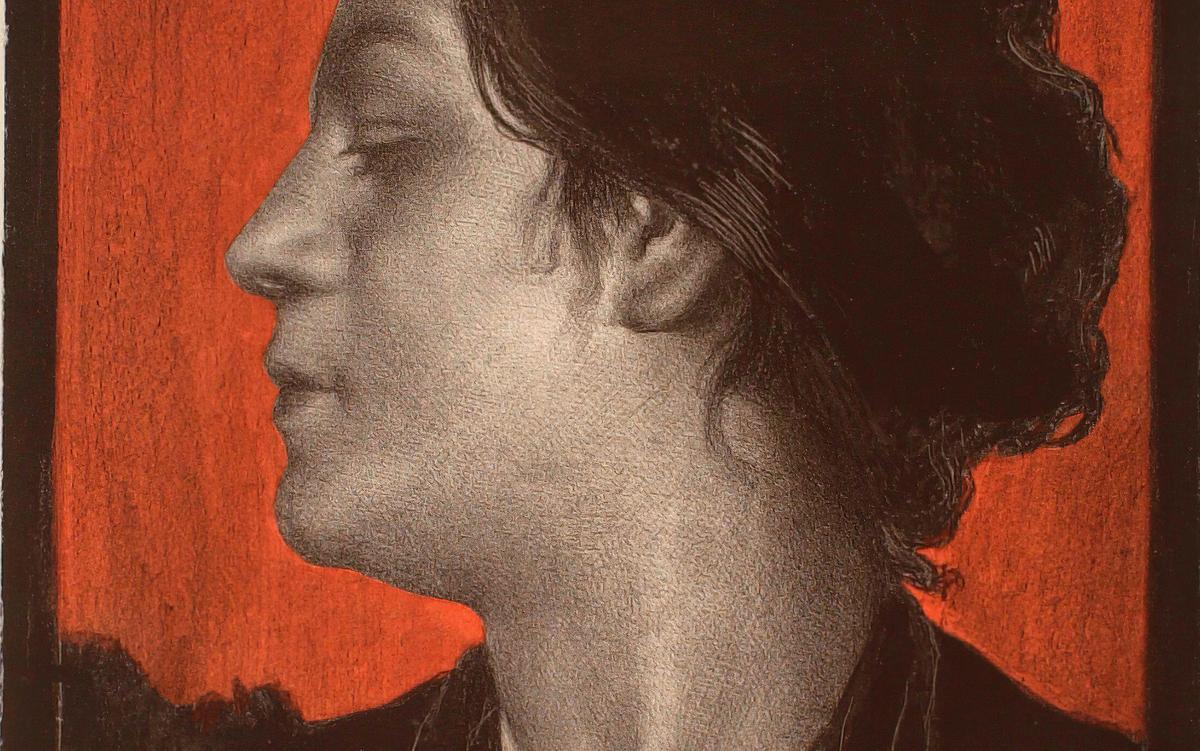
"Fliess was not only a physician but intertwined with Freud’s life, demonstrating the fascinating interplay of pseudoscience and early psychiatry in the late 19th century."
"The idea that nasal surgery could cure menstrual issues reflects a historical period where the connection between bodily functions was poorly understood and often misguided."
The article explores the peculiar medical practices of the late 19th century, particularly focusing on the nasogenital reflex, which posited a linkage between the nose and reproductive health. Emma Eckstein's surgery by Wilhelm Fliess to alleviate menstrual pains through nasal bone removal illustrates the era's misguided medical theories. Despite modern perceptions of such practices as eccentric, Fliess significantly influenced prominent figures like Sigmund Freud, shedding light on the intersections of early psychoanalysis and pseudoscience amidst the medical landscape of the time.
Read at Aeon
Unable to calculate read time
Collection
[
|
...
]